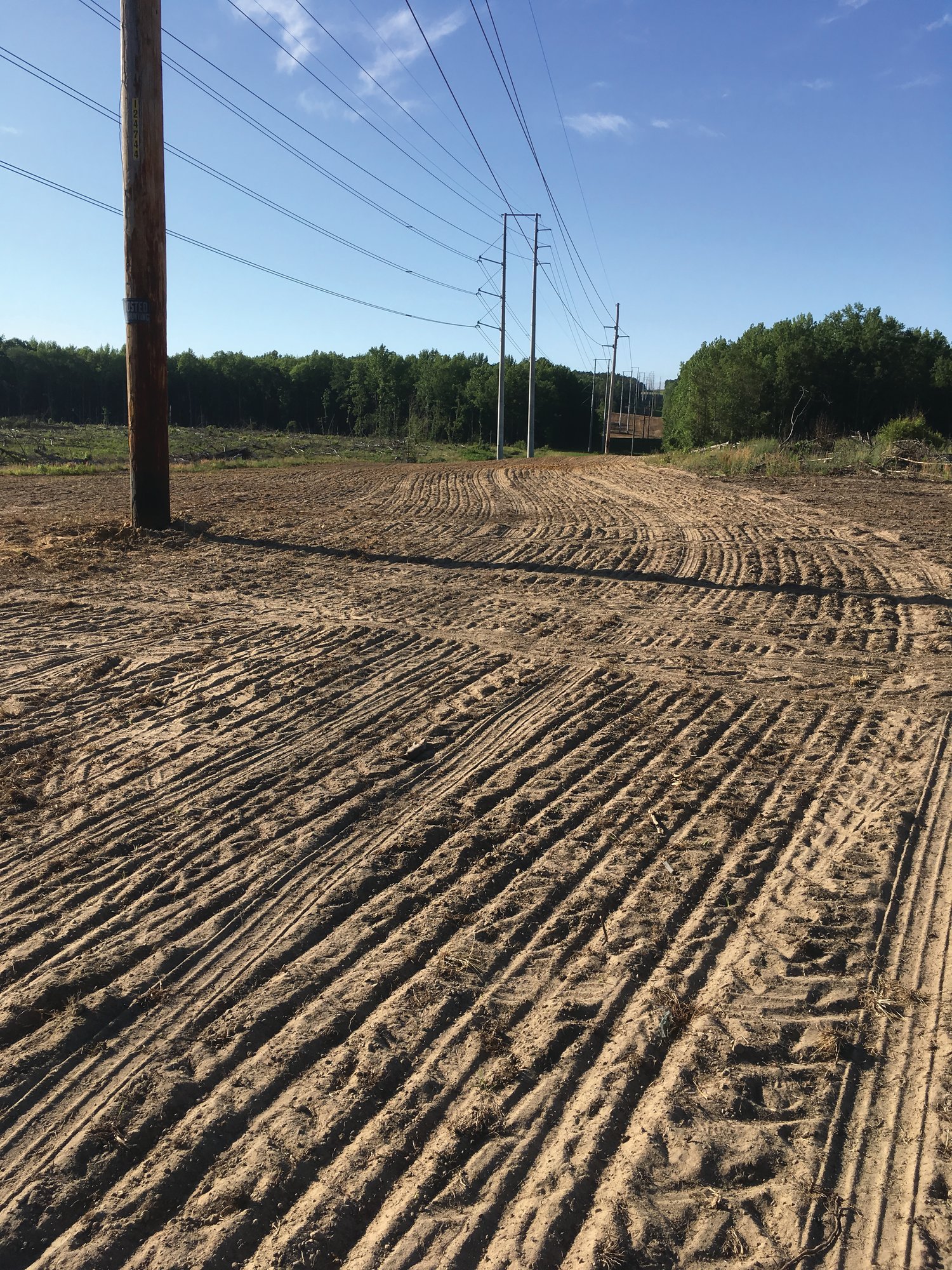Stewardship of the land
Outdoor contributor
A few days earlier, I had driven in as close to the small stream as I could on the dim woodland road. I stopped at regular intervals and clipped the overhanging limbs back from the roadside, just to maintain the roadway and make it more passable. I set the nest box and predator shield on the bank while I looked around near the stream for a good box location. Now, I was back.
At the site, I carried the lopping shears in my left hand and a 10-foot-long 4-by-4-inch post over my right shoulder from the truck to the nearby streambed, then returned for the hole diggers and a shovel. The lopping shears were needed to clear some small brush and weeds from the stream bank. I clipped the brush and pushed the leaf litter away with my boot to expose the bare soil below. The top six to eight inches were rough going with the hole diggers as there were many small roots. But I soon encountered softer soil that was root free. When the hole was about 30 inches deep, I stopped and went back to the truck for a small bag of ready-mix concrete. This wood duck nest box installation was being done on a small tributary of Little Rafting Creek that passes through a section of our hunting club. I've recently installed two other boxes on the property. One is already in use by a pair of woodies. Nest box installation is a good example of land stewardship.
Stewardship can be practiced by anyone - hunt club members, land managers, forestry professionals and landowners. A steward of the land seeks to reap the rewards of good conservation. The rewards might be more wood ducks or more songbirds, successful turkey and deer hunts, good road access, peace and solitude or a better view. Stewardship can also mean you want to be a good neighbor, one who shares a concern for the land that surrounds yours and the waters that travel downstream from your property or lease.
Many folks think that the late Aldo Leopold was the father of modern conservation. Leopold thought that land stewardship was not only rooted in conservation, but that it also involved ethics. He wrote that "the individual is a member of a community to include soils, waters, plants, animals, or collectively the land." He was saying that once we understand that humans are not separate from but are part of and depend on the natural community, we will develop an ethic to care for the community as a whole. That care for the land is stewardship.
The land that I own in Clarendon County is mostly wooded wetland, and my management practices are minimal there. I have installed wood duck nest boxes and can maintain water levels by installing flash-board risers in the existing ditches. Recently, I cleaned out a section of ditch that was clogged by leaves and sticks. I keep corn piles there through the winter but hunt the place seldomly. It is my reserve. I will never harvest the timber or make any roads there.
The Lowcountry club that I belong to is mostly timber company land, and there is not much we can do there, but we keep the roads up and plant food plots in open areas. I've also installed a wood duck box in a slough just off the river. We make an effort to manage the deer herd and hogs there. We limit the days that the land can be hunted. These things, too, are stewardship.
Back at the high hills club, I got the post in position but will need some help to install the guard and nest box. My son, Clayton, will come over one day soon, and we'll get that done. On the way out, I noticed that a couple of other club members had installed a new pipe in a creek crossing. And, back at the farm shed, another group was getting ready to plant some powerline right-of-ways that run through the property. There is always something to do on the land.
Some of you that live in town may think that there's not much you can do. But you can put up a bird or squirrel feeder in your back yard. You can plant a butterfly bush in your garden, or flowers to attract bees.
The National Wildlife Federation has a program the encourages back yard wildlife habitats. We can all be stewards of the land.
Email Dan Geddings at cdgeddings@gmail.com.
More Articles to Read

